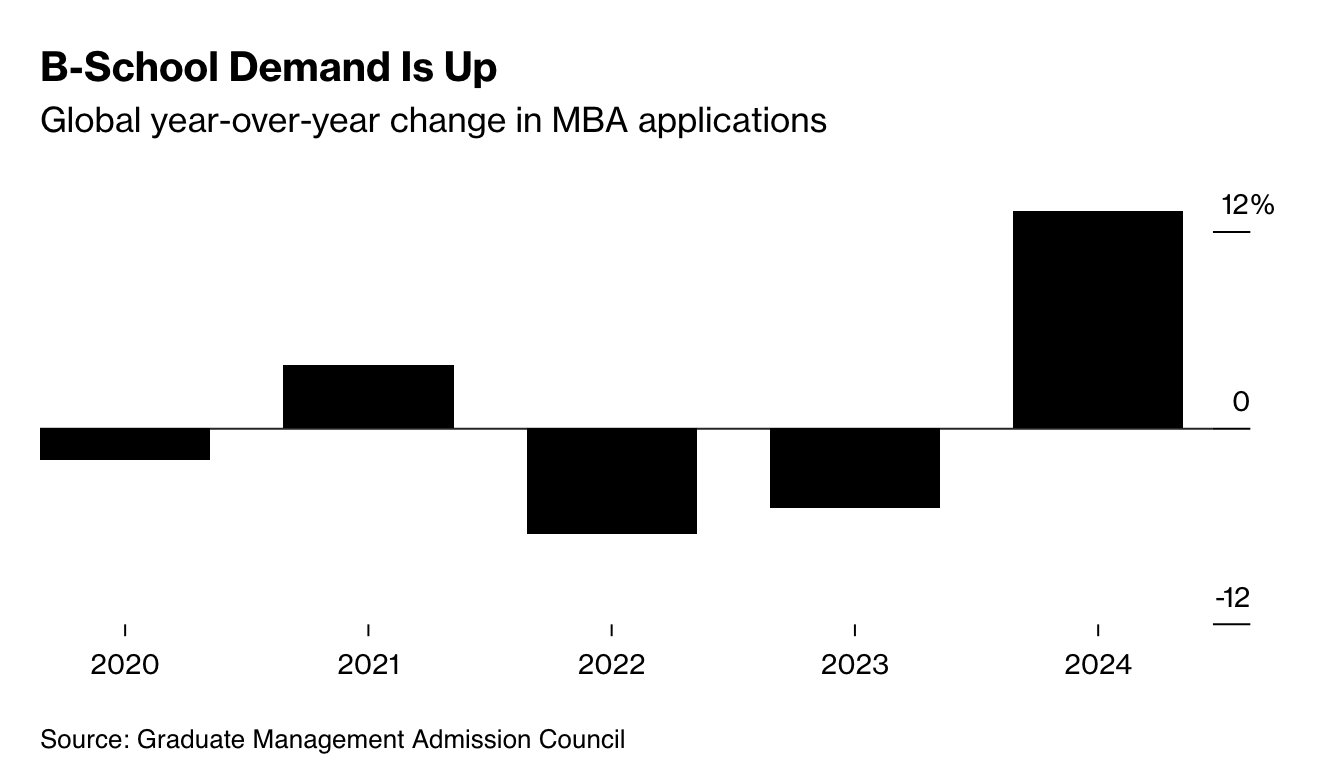🌀🗞 The FLUX Review, Ep. 184
April 3rd, 2025

Episode 184 — April 3rd, 2025 — Available at read.fluxcollective.org/p/184
Contributors to this issue: Neel Mehta, Erika Rice Scherpelz, Boris Smus, MK
Additional insights from: Ade Oshineye, Alex Komoroske, Ben Mathes, Chris Butler, Dart Lindsley, Dimitri Glazkov, Jasen Robillard, Jon Lebensold, Julka Almquist, Justin Quimby, Kamran Hakiman, Lisie Lillianfeld, Melanie Kahl, Robinson Eaton, Samuel Arbesman, Scott Schaffter, Spencer Pitman, Wesley Beary
We’re a ragtag band of systems thinkers who have been dedicating our early mornings to finding new lenses to help you make sense of the complex world we live in. This newsletter is a collection of patterns we’ve noticed in recent weeks.
“There’s no such thing as survival of the fittest. Survival of the most adequate, maybe. It doesn’t matter whether a solution’s optimal. All that matters is whether it beats the alternative.”
— Peter Watts, Blindsight
🍦🍕 The revealing power of simplicity
You walk into a gelato shop filled with inventive flavors—fig and mascarpone, burnt honey, matcha yuzu—but when you want the low down, you order the vanilla. Vanilla, in some ways the most basic of flavors, can also be the most revealing. If the shop masters vanilla gelato—the richness, the texture, the quiet complexity—everything else is likely to be good too.
We can test a pizzeria with the margherita pizza, judge a sushi restaurant by its tamago, or judge a carpenter by how confidently they handle their hammer. Simplicity acts like a tuning fork—focusing on a single pitch brings clarity.
Simplicity reveals a system’s essence by refining it down to its fundamental truths. Fewer elements mean fewer hiding places, making quality, skill, and thoughtfulness (or their absence) clearer; you can’t mask bad technique by loading a margherita pizza up with meats and vegetables. But stripping away the ornamentation doesn’t just tell you about the simple thing itself. It tells you about the system that produced it. It is an exercise in revealed preferences: good ingredients or sugary gratification? Doing it well or doing it quickly?
Although often correlated, simplicity is not minimalism. Minimalism starts from zero and carefully adds just enough—simplicity strips away the unnecessary until you're left with the essential. A margherita pizza isn’t empty; it’s deliberate.
Hidden goals drive every system, and complicated layers can work as a cover. Simplicity, on the other hand, exposes everything. Simple things succeed or fail openly. This doesn't mean simple is always better—you might love that caramel fudge ice cream with white chocolate chunks—but simplicity is more revealing.
Ultimately, when we choose simplicity, we are making a deliberate choice to see beneath the surface, and in addition to teaching us about the system, this can also teach us about our own preferences and values.
🛣️🚩 Signposts
Clues that point to where our changing world might lead us.
🚏🎓 MBA applications are up 19%, though fewer international students are attending
Though many MBA graduates have reportedly struggled to find jobs in recent years, that doesn’t seem to be stopping applicants: the number of applications to two-year MBA programs rose 19% between 2023 and ‘24 after a few years of decline. Most of this surge of interest was for part-time and two-year programs, as students seem to be shifting away from the pandemic-era trend of online and one-year MBAs. Despite the uptick in overall interest, 14 of the top 20 schools saw a slight dip in international student enrollment.
🚏🇮🇳 India is expecting $100 billion in IPOs by 2027
For the last several years, India has been the second-biggest market in the world (behind only the US) for IPOs and related block sales and share placements. Indian IPOs have slowed down this year, pushing India below Hong Kong for the 2nd-place spot, but one prominent venture capitalist expects that “more than three dozen tech startups with a combined valuation of $100 billion” will go public by 2027, helping India reclaim 2nd place. These potential exits include e-commerce company Flipkart (valued at $35 billion), digital payments startup PhonePe ($12 billion), and hotel chain OYO ($4.6 billion).
🚏🛜 One-fifth of the top VPN apps are connected to the Chinese military
Twenty of the top 100 VPN apps available on the Apple and Google mobile app stores were found to have links to Qihoo 360, a Chinese company that is (according to the US Department of Defense) affiliated with the Chinese military. These apps have collectively been downloaded over 70 million times. (None of these apps “clearly disclosed their Chinese ownership,” but a tech watchdog organization traced the VPNs through long trails of shell companies stretching from the Cayman Islands to Hong Kong and beyond.)
🚏🍝 Reservation “scalpers” are driving up restaurants’ no-show rates
Snagging reservations at sought-after restaurants is tough, so some companies let people sell reservation slots to others; on one platform, reservations for New York City restaurants sell for $80–$100 (and up to $200 at peak times). Some enterprising coders have written bots that snap up reservations as soon as restaurants release them and resell them on the marketplaces. However, restaurateurs have reported that many of these slots are never sold; no-show rates jumped from a baseline of 5–10% to 25% by 2023, which cuts into restaurants’ already tight margins. (Some restaurants charge credit cards for no-shows, but some bots put down invalid credit cards.)
📖⏳ Worth your time
Some especially insightful pieces we’ve read, watched, and listened to recently.
Studio Ghibli In the Age of A.I. Reproduction (Max Read) — Observes that, for all the AI boosters’ talk of building a “superintelligence to cure cancer or whatever,” generative AI tends to go most viral when it’s used for entertainment; look no further than this week’s Studio Ghibli image trend. Looking deeper, the reason why Ghibli-fication became so popular (as opposed to, say, Simpsons-ification) is that the art style was previously rare and closely guarded. So in this era of costless reproduction, art needs to find a raison d'être that’s more than just its history, tradition, or ownership: its politics and “social function” matter.
The Need for a Strategic Fact Reserve (Interconnected) — Matt Webb argues that, since LLMs reflect the ideology of their creators, nation-states will want to “retain independent capacity to stand up new AIs” instead of relying solely on others’. This requires expertise, compute, and training data, the last of which is heavily at risk. Physical libraries burn down, tyrants rewrite the past, search engines can be manipulated, and Wikipedia can be edited. A lot is resting on the Internet Archive, and Webb argues that it’s time to take the task of protecting it seriously.
Hexagons Are the Bestagons (CGP Grey / YouTube) — A classic video that explores the mathematical properties that make hexagons remarkably sturdy and efficient at filling space. It’s why hexagons show up everywhere from your eyes’ light-catching cells to the atomic structure of graphene to honeycomb paneling in airplane wings.
Why We Can’t Have Nice Things (Ben Landau-Taylor) — Proposes a theory that modern ornamentation is rare not because of cost, but because of fashion. Ornamentation has coexisted with industrialization for two centuries, and “today we can carve out molds with CNC machine tools rather than having a sculptor make them manually like we did in 1916.” The lack of decoration in our built environment is thus a sign of a lack of demand, not of supply; maybe it’s because to our modern eye, multiple differently ornamented objects don't fit well in a shared space?
🔍📆 Lens of the week
Introducing new ways to see the world and new tools to add to your mental arsenal.
This week’s lens: Jevons paradox.
LED lighting dramatically reduced the energy needed to illuminate a space. The expectation was that more efficient bulbs would mean lower energy use. And yet, as lighting became cheaper to operate, people lit more things, for longer periods, in more places—driveways, walkways, closets, cabinets, and mood lighting in every corner. Total energy consumption from lighting still dropped, just not as much as expected.
This is the essence of Jevons paradox, and an example of when local improvements yield surprising outcomes at the system level. Efficiency reduces the cost of action, which can expand the domain of action itself. What was once a constraint becomes a green light for more—more usage, more variations, more demand. Increased efficiency can increase demand beyond what the old supply/demand curve may have implied, thus increasing overall consumption. Sometimes the consequences are positive, like spurring innovative uses of existing technologies. Sometimes they have adverse second-order effects, like faster, cheaper AI inference consuming even more electricity.
Efficiency can create room for what didn’t exist before. When evaluating improvements, ask not just what they save, but what they enable.
© 2025 The FLUX Collective. All rights reserved. Questions? Contact flux-collective@googlegroups.com.


